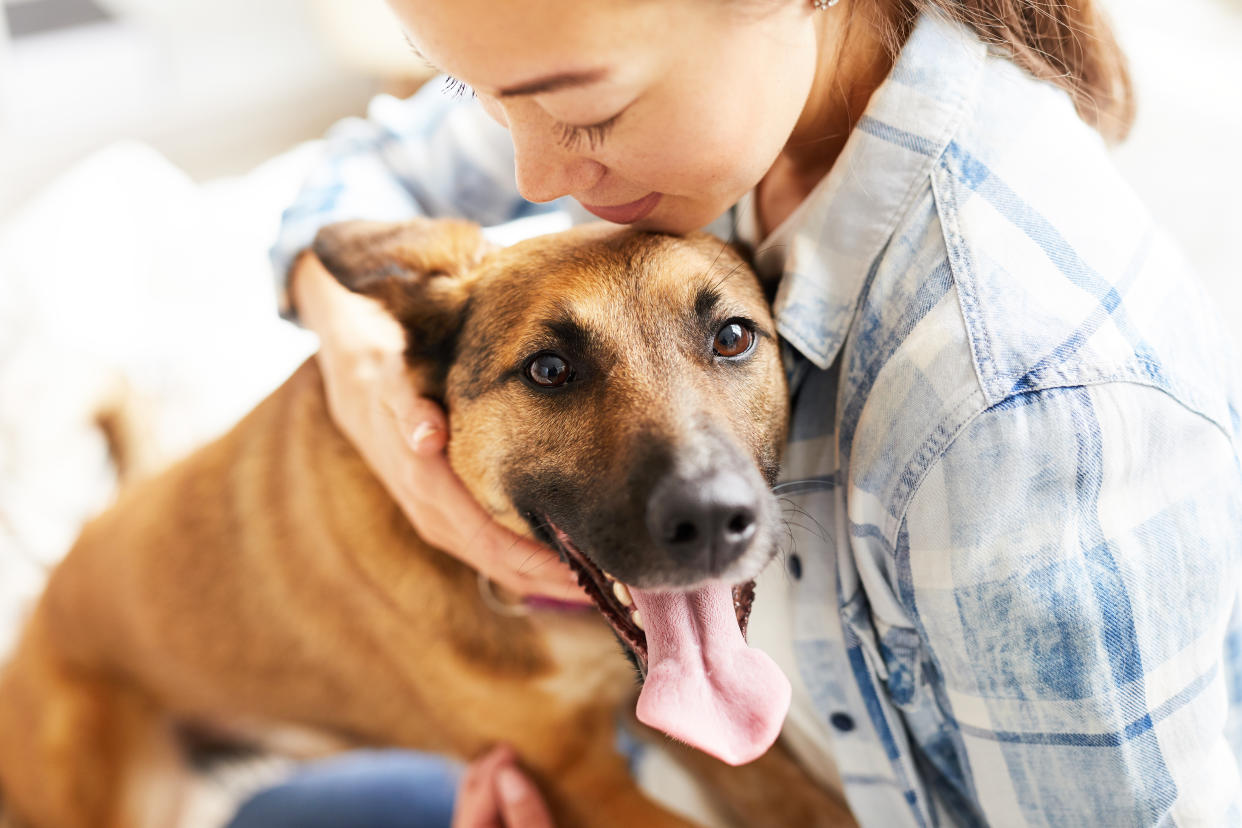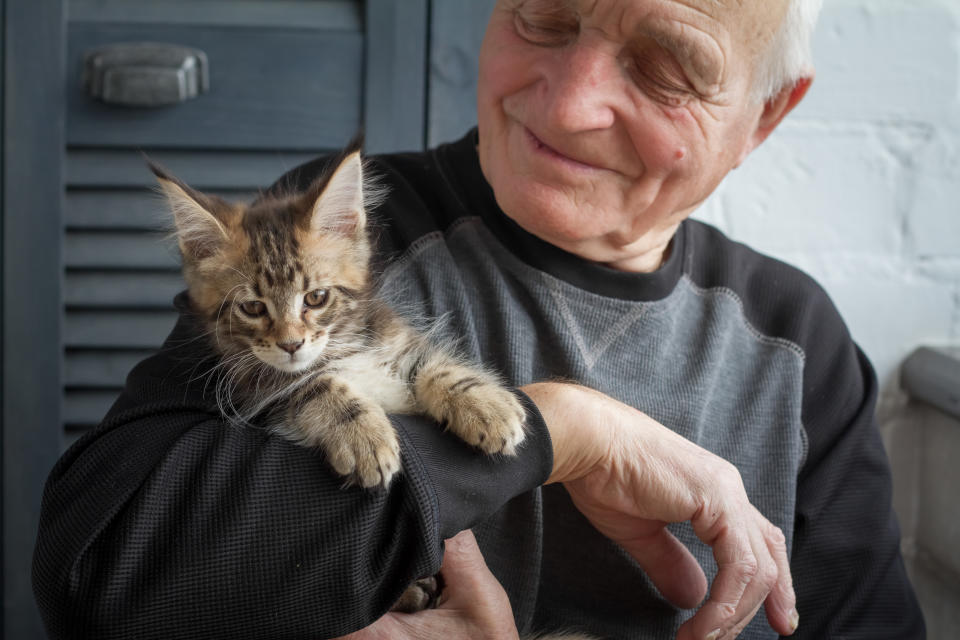Pet ownership may just be the cuddliest way to beat the winter blues

You might have heard of seasonal affective disorder (SAD), the yearly cycle of depression that’s related to the changes in seasons, but did you know that your furry friend could help beat the winter blues?
“Pet owners have traditionally provided anecdotal reports of the benefits of pet ownership but there is a growing body of research that supports the healing effect of pets, including dogs, cats — even fish!” said Dr. Rebecca Greenstein, veterinarian and Veterinary Medical Advisor for Rover.com.
ALSO SEE: Beat the winter blues: Lifestyle blogger reveals her top 10 tips to a healthy 2020
Studies have shown that pet ownership not only decreases rates of depression and anxiety, but it also increases levels of oxytocin (a feel-good hormone), modulates serotonin levels, and decreases cortisol (a stress hormone) levels in humans.
Pet ownership also has been proven to stave off feelings of loneliness and isolation and creates feelings of stability and connectedness, especially among senior citizens.

If you’re a dog or cat owner looking to take advantage of the health benefits of pets, Greenstein notes that their positive impact does not necessarily require new or complex kinds of interactions.
The most important thing to incorporate into your wellness routine? Simply spending meaningful time with your pet.
“Quality time can be anything from petting, nuzzling, and massaging your pet to going for short walks, which benefit both pet and owner in terms of added exercise and mood-boosting benefits,” Greenstein said.
While pets provide a multitude of health and wellness benefits for humans, we should be careful to take note that they aren’t dealing with their own seasonal affective disorders.

Ranging from destructive tendencies when left alone to fear and aggression, there are certain behaviours to look out for if you suspect your pet is living with depression or anxiety.
“Anxiety often manifests as prolonged or excessive vocalization (whining, crying, howling), pacing, panting, inappropriate pooping or peeing, obsessive or compulsive behaviours like excessive self-grooming, aggression towards dogs and/or humans, and destructive behaviours, to name a few.”
At home remedies like the calming effects of a Thundershirt or pheromone-releasing devices can help soothe frayed nerves, but a trip to the vet should always be the first step when dealing with an anxious pet.
Let us know what you think by commenting below and tweeting @YahooStyleCA! Follow us on Twitter and Instagram.



